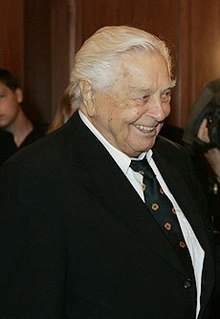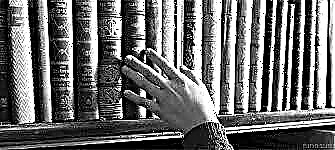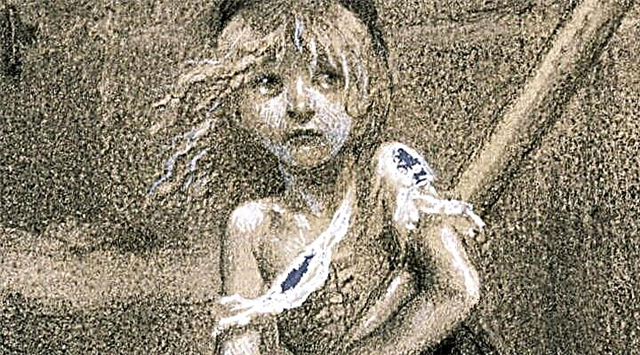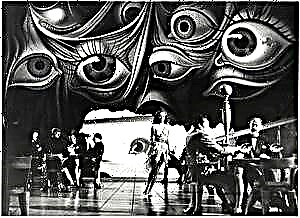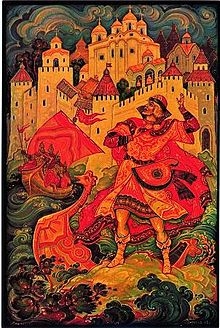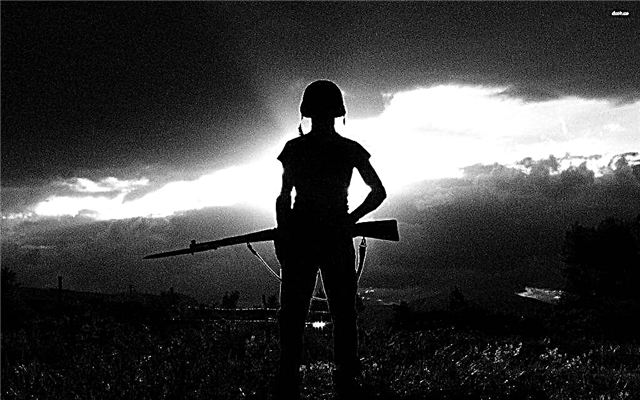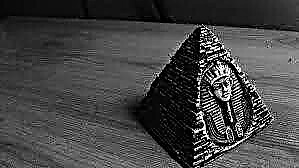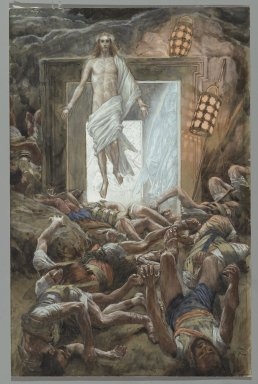My homeland is a small estate of the Oryol province. It was there that, after listening to disputes at religious and philosophical meetings in St. Petersburg, I decided to go to look around, to find out what wise forest elders think. Thus began my journey into the invisible city.
Spring. Nightingales sing in the black garden. The peasants in the field are like lazy bright gods. Everywhere there is talk of the Japanese war, of the impending "bloodshed." Sectarians came to Alekseyevka - “they were wandering somewhere baptized and lost their faith,” they scare the hellish fiery. “But this is not Christ,” I think. “Christ is merciful, clear without books ...”
My second homeland is the Volga, Kondovaya Russia with hermitages, schismatics, with faith in the city of the invisible Kitezh. Near Ivanov’s night, pilgrims on Vetluga to the city of Barnavin gather on all sides to crawl “around each other’s rim after friend” around a cliff. Barnabas the wizard helped Tsar Ivan take Kazan. A candle is hovering over his tomb, and a bearded old woman prophesies in a dark corner: "... And Avadon will come to Pitenburg and sit on the kingdom, and will give a seal with the number six hundred sixty six." From the date of Barnabas, pilgrims return to the Uren forests. The descendants of exiled archers live here along the sketches and villages, preserve the old faith, and are baptized with two fingers. "Something childishly naive and courageous was combined in these Russian knights, the last, dying forest old men."They hid in the swamps, sat in pits, read righteous books, prayed ... To find out about them, incredulous, wary, they give me a young scribe Mikhail Erastovich as a guide. With difficulty we get to the famous Petrushka County. As a teenager, he fled to the Trans-Volga forests of God to seek. Christ-lover Pavel Ivanovich dug a hole for him, covered with boards, gave books, candles, carried bread and water at night. Petrushka spent twenty-seven years underground, and as he went out, set up huts, gathered old people around him. But this is after the law on freedom of conscience! Old Believers tell me that they are afraid: “will the new law not be turned over” on old persecutions? They complain about the priest to Nicholas: he took the best icons from the monastery in Krasnoyar to the Nikonian church, tore off his robes, attributed his third fingers, rejuvenated, now they are sitting as if drunk ...
In the village of Uren, “no matter what the yard, it’s a new faith, there are all sorts of sects of schism.” However, educated people find themselves in the Old Believers. I met on the Volga a doctor and a priest in one person, "who believes, like the people, that Jonah was in the belly of the whale for three days under the influence of gastric juice." This doctor gave me a letter to the bishop with whom I was going to discuss whether a “visible church” is possible. “The church should not go into mercenaries for the state” - this is the content of our long conversation. When I was with the bishop for the first time, not hiding, and on a clear day he came to the laity, went to the square and preached. The bells ring, the dilapidated chapels and large eight-pointed crosses rejoice.
But there is a "invisible church", stored in the human soul.Therefore, wanderers flock to the Bright Lake, to the "cup of holy water in a green toothed frame." From each comes a ray of faith in the God-saved invisible city of Kitezh. For hundreds of miles they carry heavy books in order to “defeat” opponents with a “letter”. I feel that I am beginning to believe in Kitezh, albeit a reflected, but sincere faith. I am advised to listen to the righteous Tatyana Gornaya - she is given to see the city hidden in the lake. And everyone hopes for this miracle. The old woman lowers a penny and a chicken egg into the crack at the birch roots for the afterlife, another palms canvas under the snag: the saints wore themselves ... In what century? On the hills around Svetloyar motley from pilgrims. My acquaintance, Old Believer Ulyan, enters into an argument with the priest. A large old man in bast shoes comes out of the crowd and speaks of Christ: "He is the Word, he is the Spirit." It looks like an ordinary forest man with a red ragged beard, but it turned out to be “an adherent, an iconoclast, a non-male.” Dmitry Ivanovich met with the St. Petersburg writer Merezhsky, corresponded with him, does not agree: “He recognizes the carnal Christ, but, in our opinion, it is impossible to understand Christ in the flesh. If Christ is flesh, so he is a man, and if a man, so that we need him, men are already enough. ”
On the way back from Svetly Lake to the city of Semenov, Dmitry Ivanovich introduces me to other non-Poles, philosopher spoons. They are passionate about “translating” the Bible from “material heaven to a spiritual person” and believe that when you read and translate everything, eternal life will come. They argue with visiting Baptists, refuse to see a real person in Christ.Feeling my sincere interest, the youngest of the Germans, Alexei Larionovich, reveals the secret of how they abandoned the wooden gods, realizing that "all of Scripture is a parable." Alexey Larionovich took the icons secretly from his wife, chopped them with an ax, burned, but nothing happened: “there is firewood ...” And he put his Lozhkarsky instrument into the empty goddess (the wife baptizes him out of habit). What secret underground paths connect these, forest, and those cultural, seekers of true faith! Hundreds of them, seen by me, starting from the hermit Petrushka and ending with an imaginary spiritual man, divided with flesh by these non-worshipers, passed near the walls of the city of the invisible. And it seems that the Old Believer way of life tells my heart about the possible, but missed happiness of the Russian people. "The exhausted soul of Protopope Habakkuk," I thought, "does not connect, but disconnects earthly people."

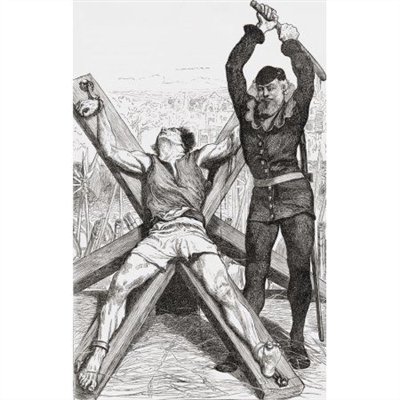
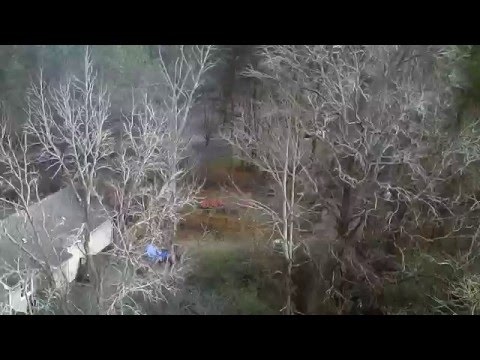 Ikaromenipp
Ikaromenipp